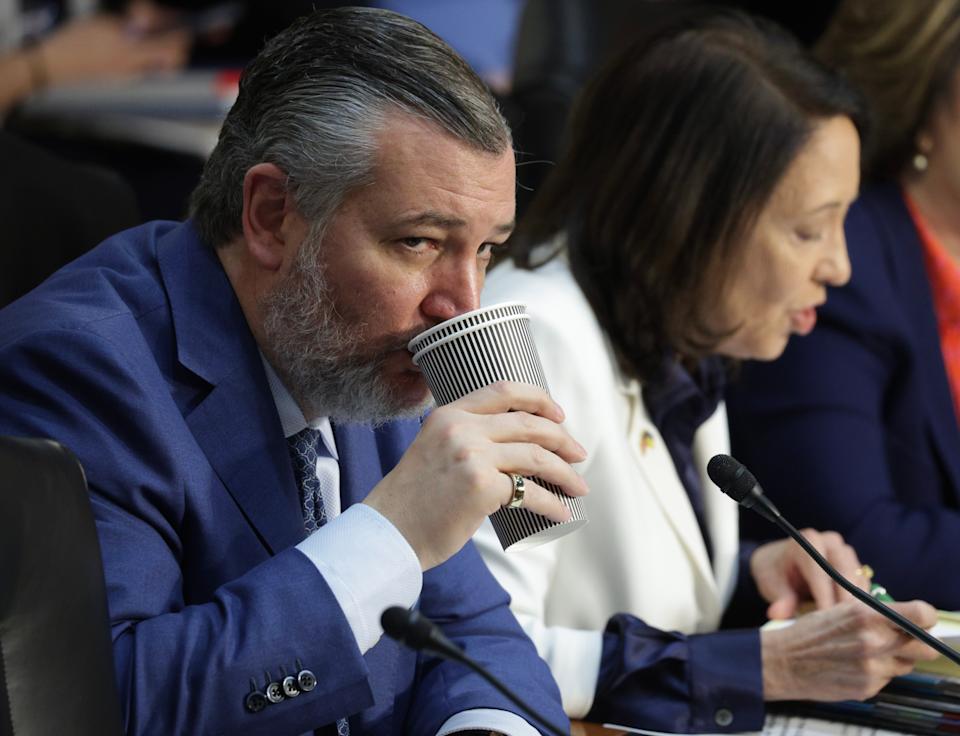Understanding the Interstate Obscenity Act: Implications for Free Speech and Online Content
In May 2025, a new legislative push known as the interstate obscenity act stirred significant debate across the United States. Proposed by Senator Mike Lee of Utah and Representative Mary Miller of Illinois, this bill aims to redefine federal obscenity laws, potentially creating a pathway for a nationwide ban on pornography and other sexually explicit content.

What Is the Interstate Obscenity Act?
The interstate obscenity act (IODA) seeks to transform how obscenity is defined and regulated at the federal level. Traditionally, obscenity law has rested on a three-part test set by the Supreme Court in Miller v. California (1973). This test asks whether the material appeals to prurient interests, depicts sexual conduct in a patently offensive way, and lacks serious artistic, literary, political, or scientific value.
However, the new bill proposes discarding the established standards in favor of a broader, more subjective definition. Under this act, content could be deemed obscene if it merely focuses on nudity or sexual activity, is intended to arouse, and lacks “serious value.” Importantly, it does away with the concept of community standards, letting the federal government set a uniform rule nationwide. For a deeper analysis of the bill’s language and implications, see the MSNBC opinion piece by Jacob Mchangama and Ashkhen Kazaryan.
Implications for Free Speech and First Amendment Rights
Critics argue that the interstate obscenity act poses a serious threat to First Amendment protections. By narrowing what is considered protected speech online, the act could empower authorities to censor a wide range of content—including art, educational materials, and health resources. Such concerns are echoed by legal experts, who warn that vague standards risk chilling free speech and silencing dissent. Libraries may change their collections. Publishers and online platforms may become more cautious, leading to widespread self-censorship even before any official actions are taken. Read more about the legal and social dangers in MSNBC's in-depth coverage.
Political Context and Controversy
This legislation arrives amid growing political efforts to regulate online content and enforce morality-based standards. The interstate obscenity act reflects broader efforts to address societal concerns about pornography and sexual expression. Opponents, however, see it as an overreach that risks trampling civil liberties. The bill has already sparked pointed responses from both supporters and critics. For an example, take a look at how Democrats publicly responded to the bill, highlighting past political controversies and the ongoing partisan divide over such issues.
Redefining Obscenity: Potential Consequences
If enacted, the interstate obscenity act could influence not just what is available online, but also how laws are enforced at both federal and state levels. Eliminating local community standards may cause tension between national law and regional values. Historical cases show that broad obscenity laws have often led to overreach, censoring not only pornography but also vital educational and cultural content. For more on the bill's potential legal pathway, visit the Salt Lake Tribune’s coverage.
Conclusion: What Lies Ahead?
The future of the interstate obscenity act remains uncertain. Legal experts predict that, even if passed, the act would face significant constitutional challenges in the courts. Meanwhile, the national conversation about how to balance public values, free speech, and online safety continues. As lawmakers, courts, and communities debate, it’s crucial for citizens to stay informed and engaged.
If you want to learn more about federal obscenity laws or join the ongoing discussion, explore the referenced articles and stay tuned for further updates as this legislation unfolds.